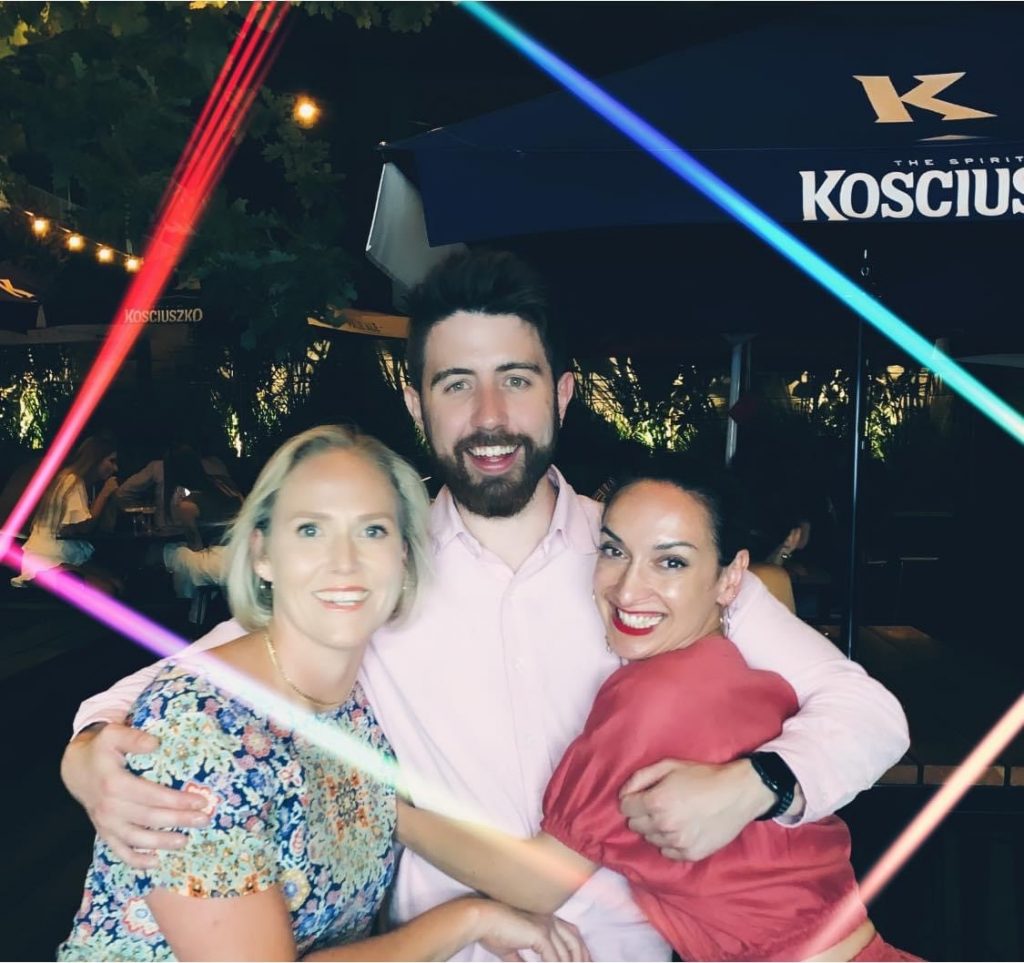Can recruitment really be automated? Here’s what we think.
Like it or not, artificial intelligence is here to stay. Instead of burying our heads in the sand, we tested it across our entire value chain. Was it a success? Yes and No. This is what we found: It’s a great box-ticking tool. AI can streamline the early stages of candidate assessment, by ensuring they…
Like it or not, artificial intelligence is here to stay. Instead of burying our heads in the sand, we tested it across our entire value chain. Was it a success? Yes and No. This is what we found:
- It’s a great box-ticking tool.
AI can streamline the early stages of candidate assessment, by ensuring they meet basic requirements. For example, we use it to accurately check Australian citizenship status for clearance purposes. For straightforward criteria like this, it’s accurate, fast, and effective.
- It doesn’t tell the whole story.
When ChatGPT surfaced, we asked it to assess candidate CVs and create client briefs. A task we’d always done manually, we wanted to see if it could save us time, and maybe even uncover some hidden insights.
Instead, the opposite occurred.
The AI-generated briefs simply regurgitated the CVs in a disjointed way. They didn’t provide any additional value, and we had to spend more time filling in the gaps. The feedback from our clients (and willing guinea pigs) was also very clear: the briefs lacked the human touch, which was precisely what they’d engaged us to do.
- It can’t connect with people.
Getting to know candidates is a critical step that can’t easily be automated. Using AI and then having a quick phone call to verify details just doesn’t give them time to truly open up.
In our experience, a CV only tells 20% of someone’s story, and it’s our job to find out the remaining 80%.
That’s why we’re committed to 60-minute in-person interviews with every short-listed candidate. Instead of asking standard behavioural questions (with answers that can be googled in advance), we talk through their CV from start to finish, to understand and verify their entire story. Plus, face-to-face conversations help us find out what truly motivates them, and what they want from their next role that’s different to what they have now.
While 60 minutes is long by industry standards, the efficiency comes from an ability to better match candidates to employers, and a lower fallout rate.
- It’s no match for culture.
We haven’t found an effective way to match culture using AI. While employers will often compromise on a candidate’s skills (unless they’re highly technical), culture match is never open to negotiation. Ignoring culture is a risk that’s too high for us to consider, as it almost always impacts the outcome.
- It’s a verification risk.
AI can’t easily tell fact from fiction. When it comes to recruitment, this poses a genuine risk.
One such risk is automated reference checking, which is now a widespread practice. Online platforms simply can’t verify that a referee is who they say they are, what their professional relationship with the candidate was, or dig deeper into written responses.
Contrastingly, verbal reference checking means the recruiter can ensure the referee was a direct manager, ask for more detail, and identify subtle verbal nuances, for example “Um…they were…good”, vs. “They were good!”.
- It can enrich candidate databases.
With a database of 15,000 candidates, we’ve found AI to be a powerful engagement tool. It’s part of our regular communication, giving people an easy way to opt in and out of opportunities and notifications, update their details, and engage in checkpoints. For us this is invaluable, as it maintains the quality and currency of our core business: people.
Where to draw the line
With the benefits of AI not always straightforward, employers should be asking how their recruitment partners are using it and how it will enhance the end result. At Elliott Gray, when AI helps us avoid basic time-consuming tasks in favour of more meaningful work, we’re all for it. When it takes away a critical human element and puts the outcome at risk, we’ll always avoid it.
AI should never be a way for recruiters to cut corners in critical processes. If we do, we’re putting the whole value proposition of our profession at risk. After all, you wouldn’t hire a robot (or would you?).
Want to talk to a human about human recruitment? We’d love that too.







